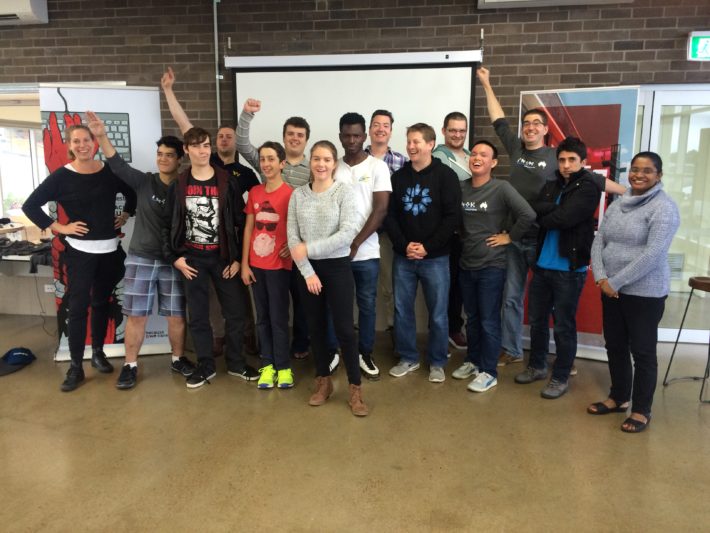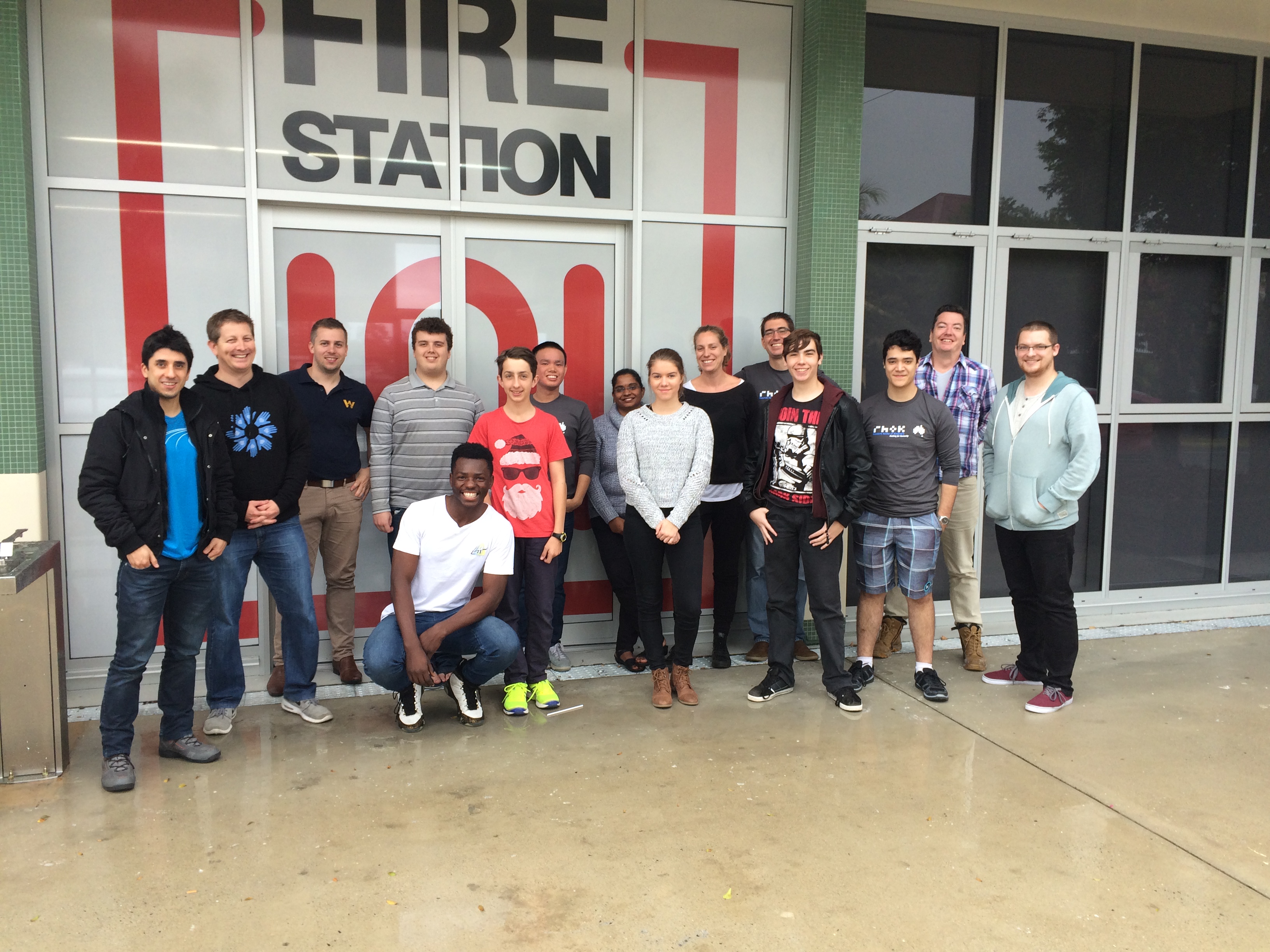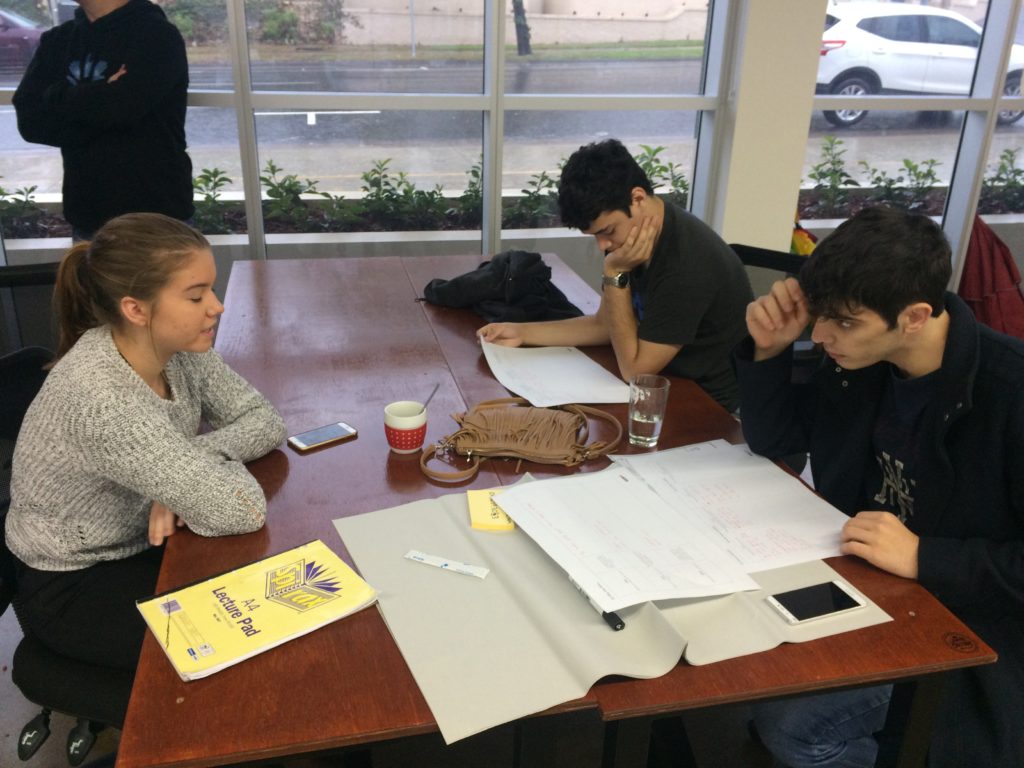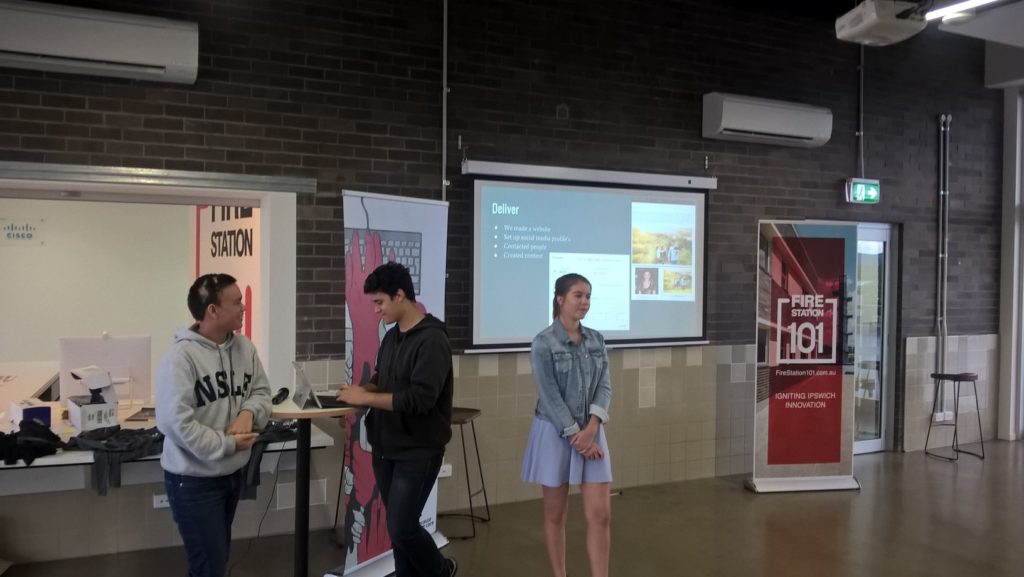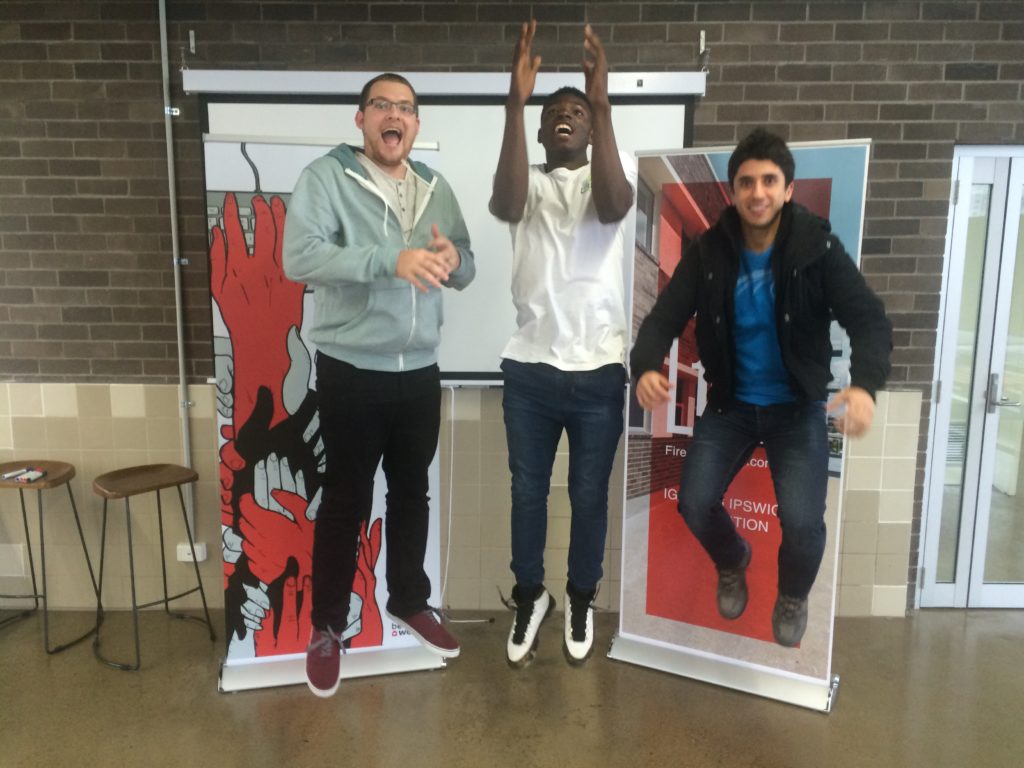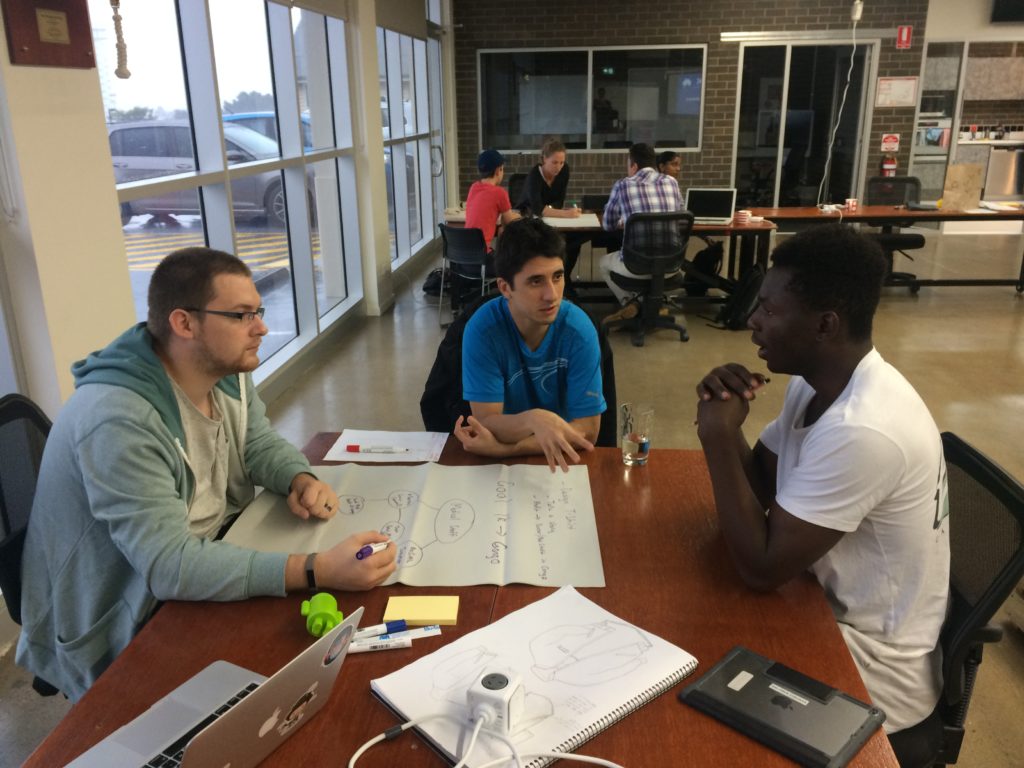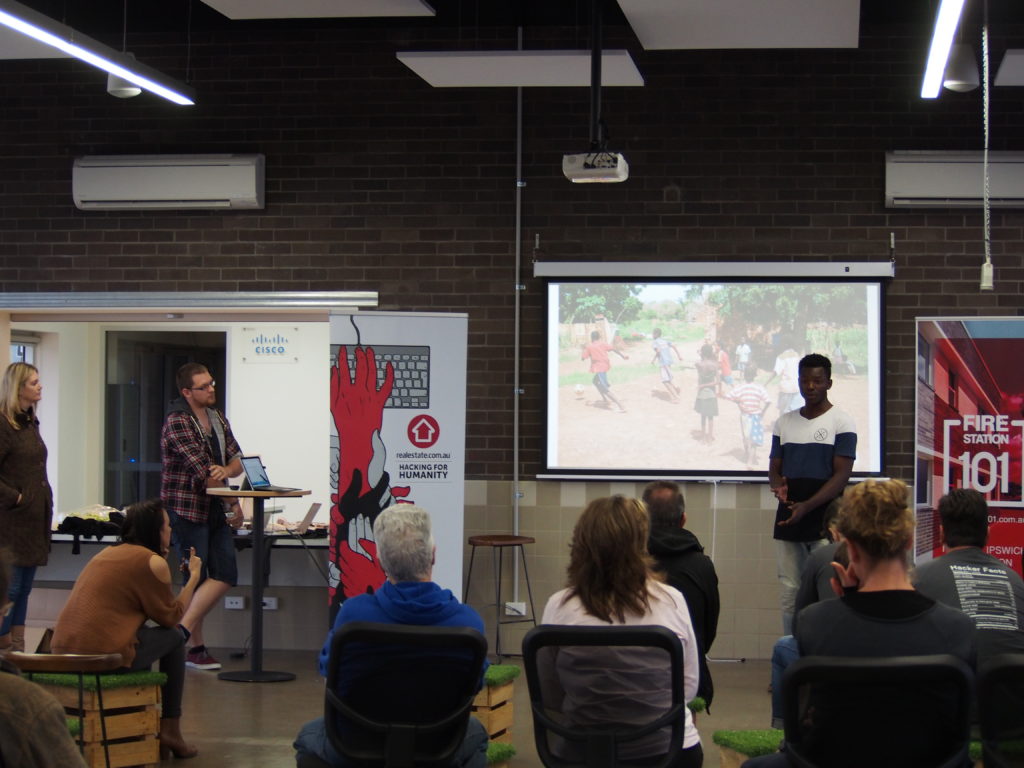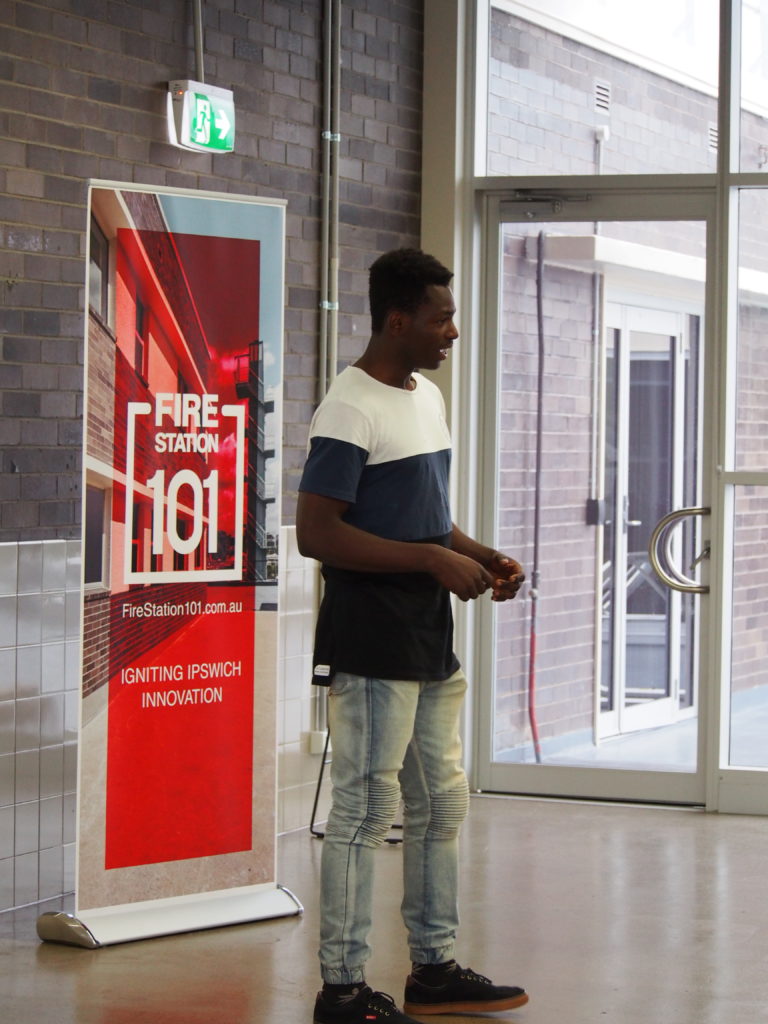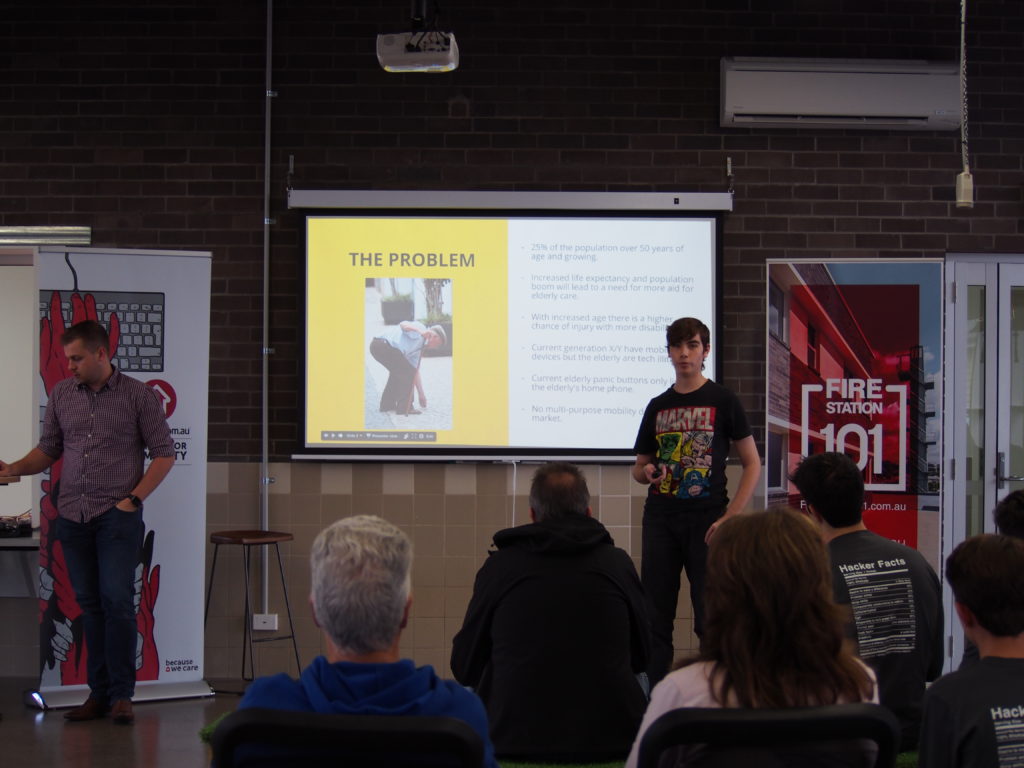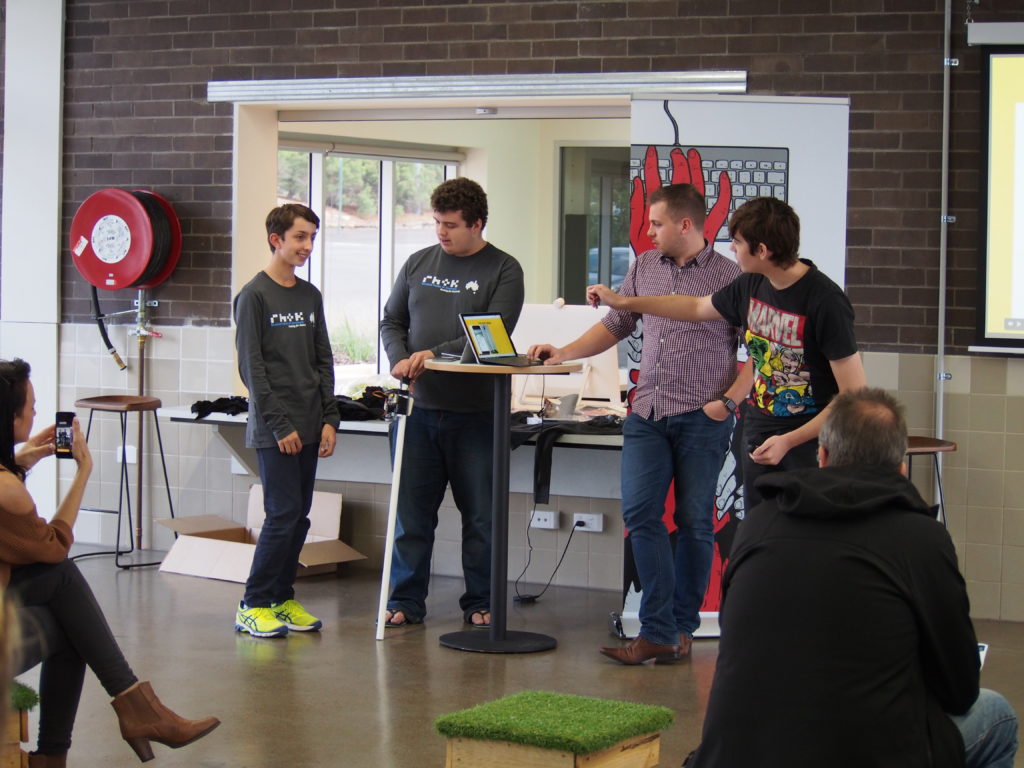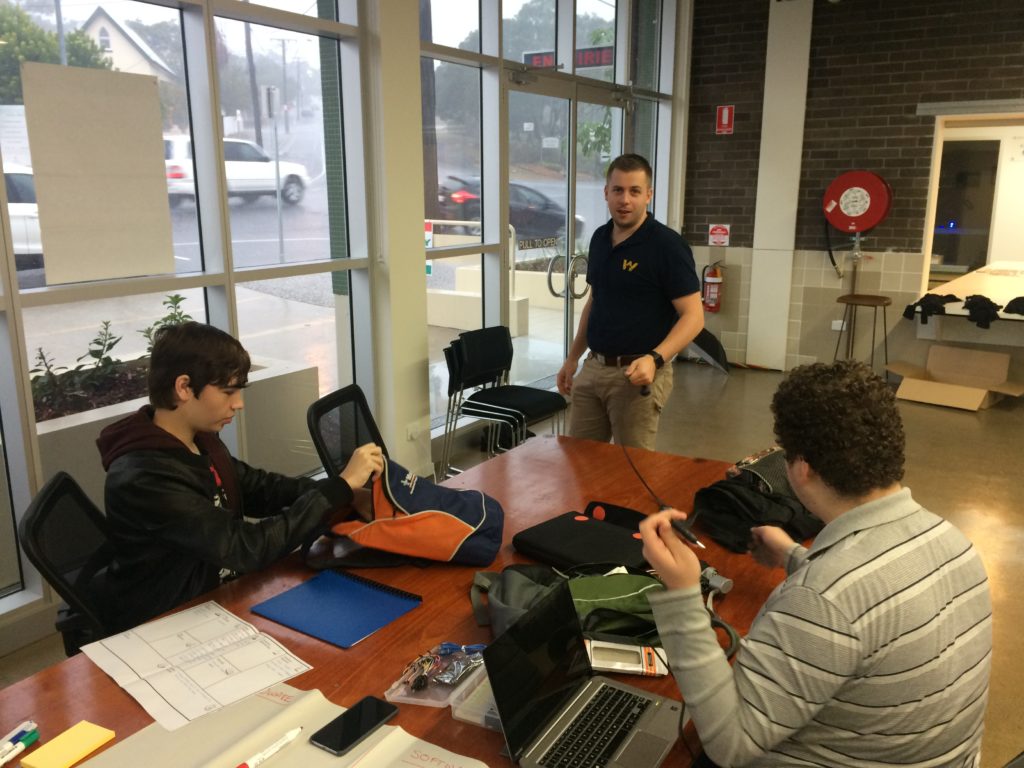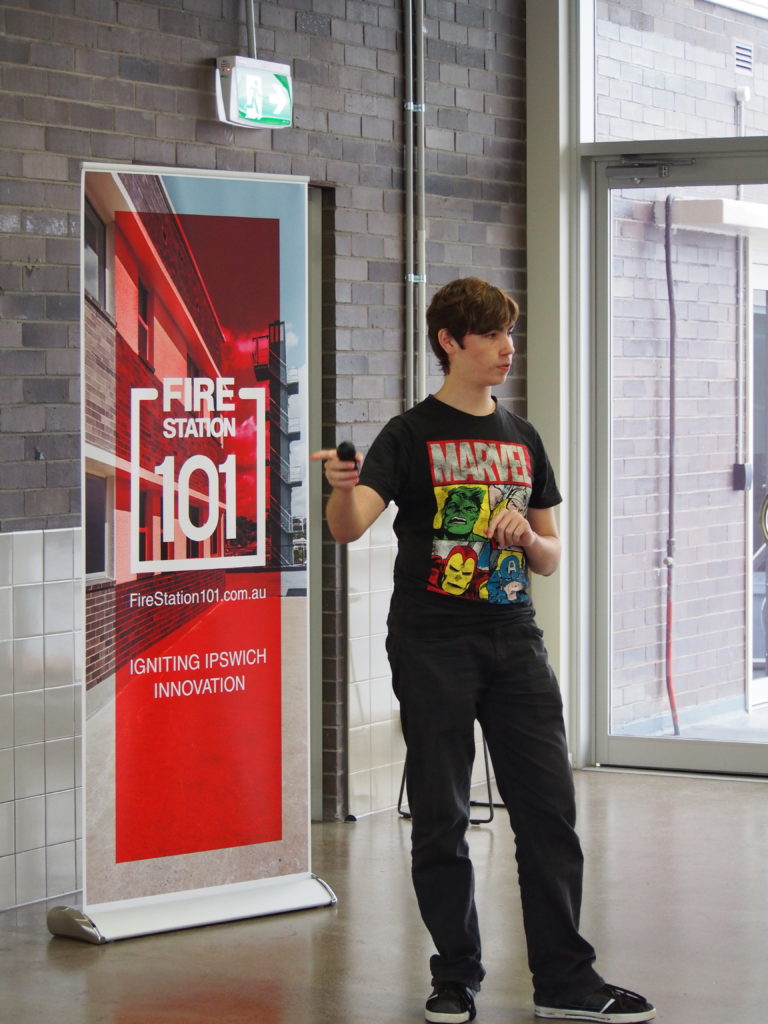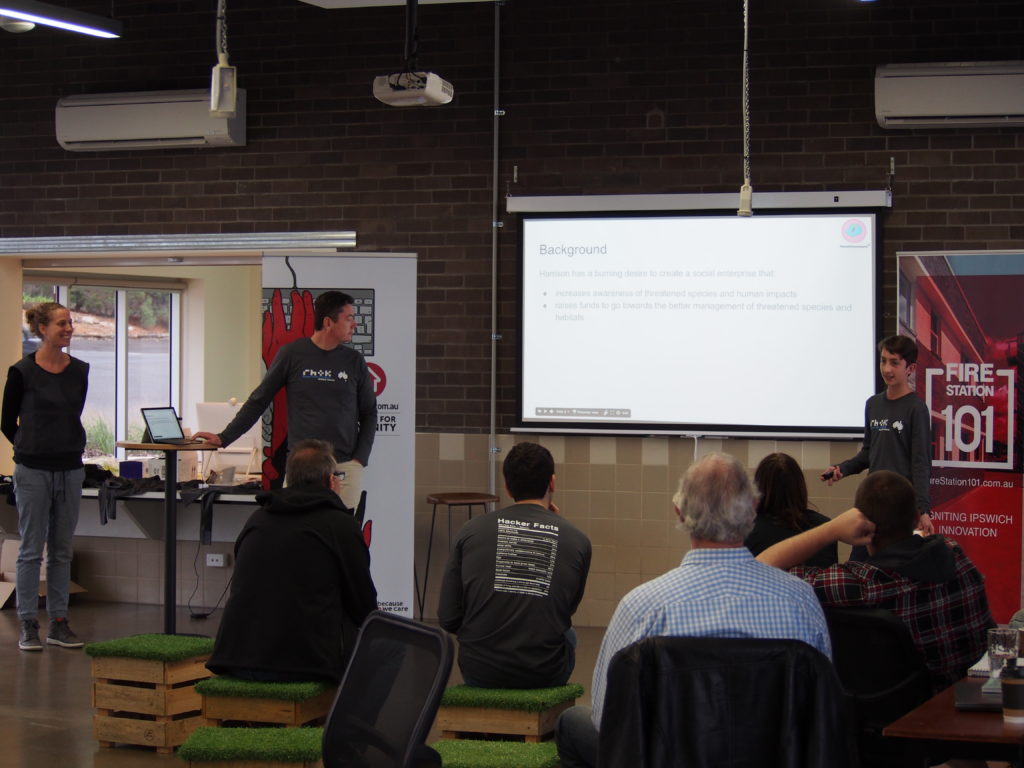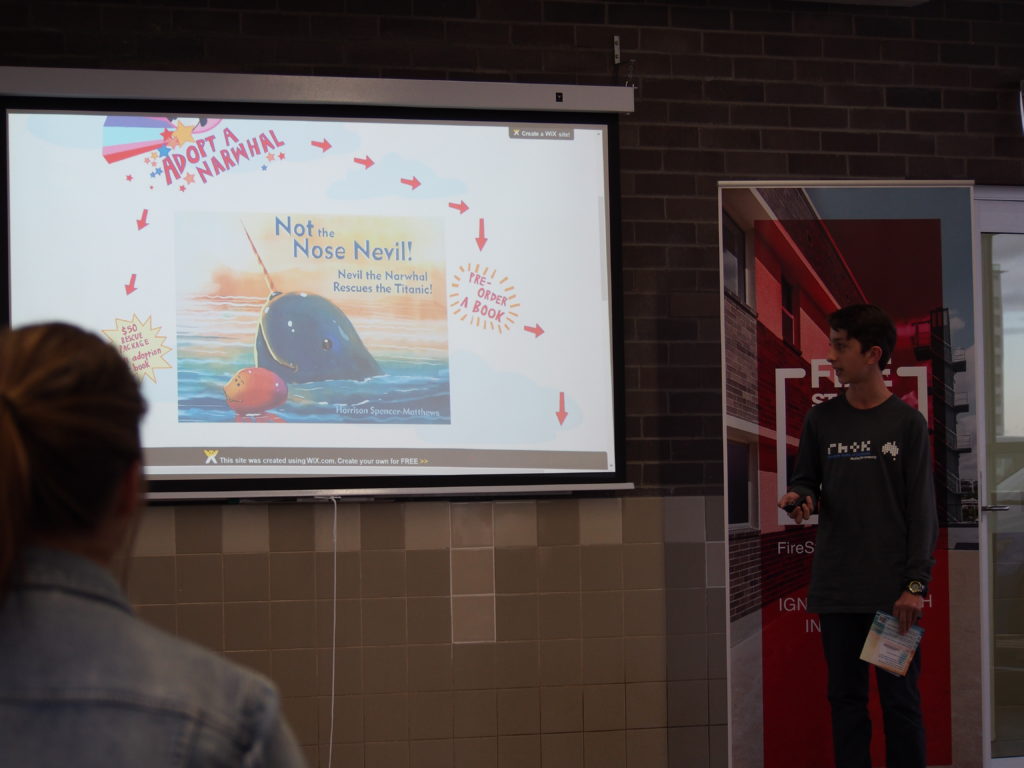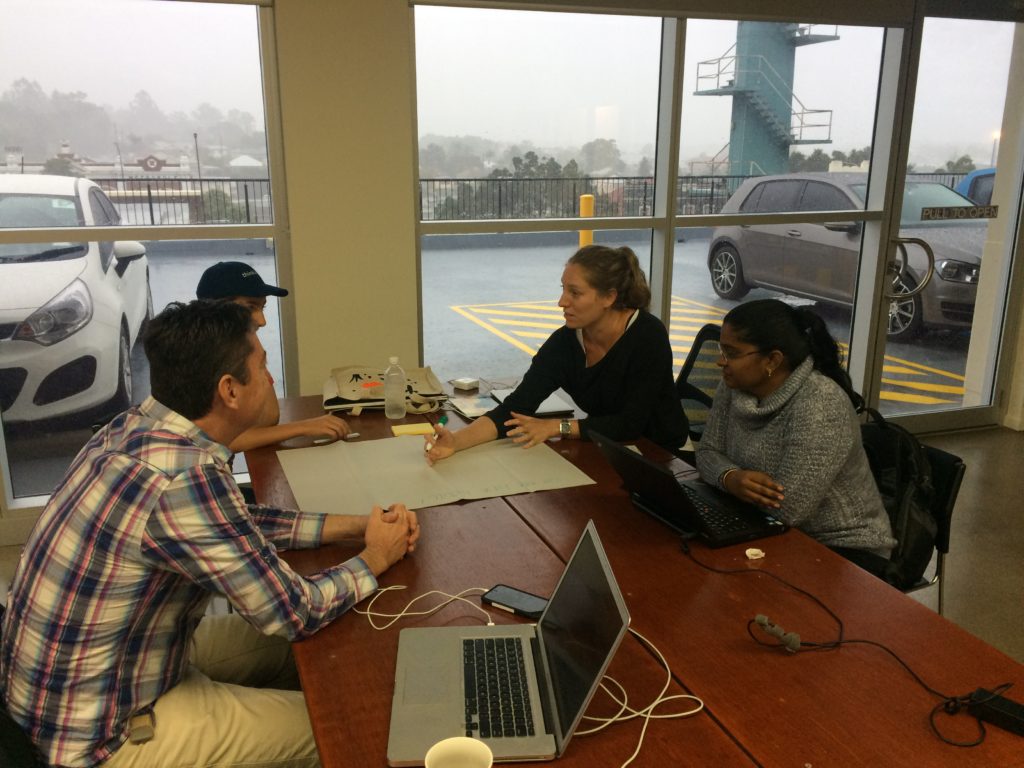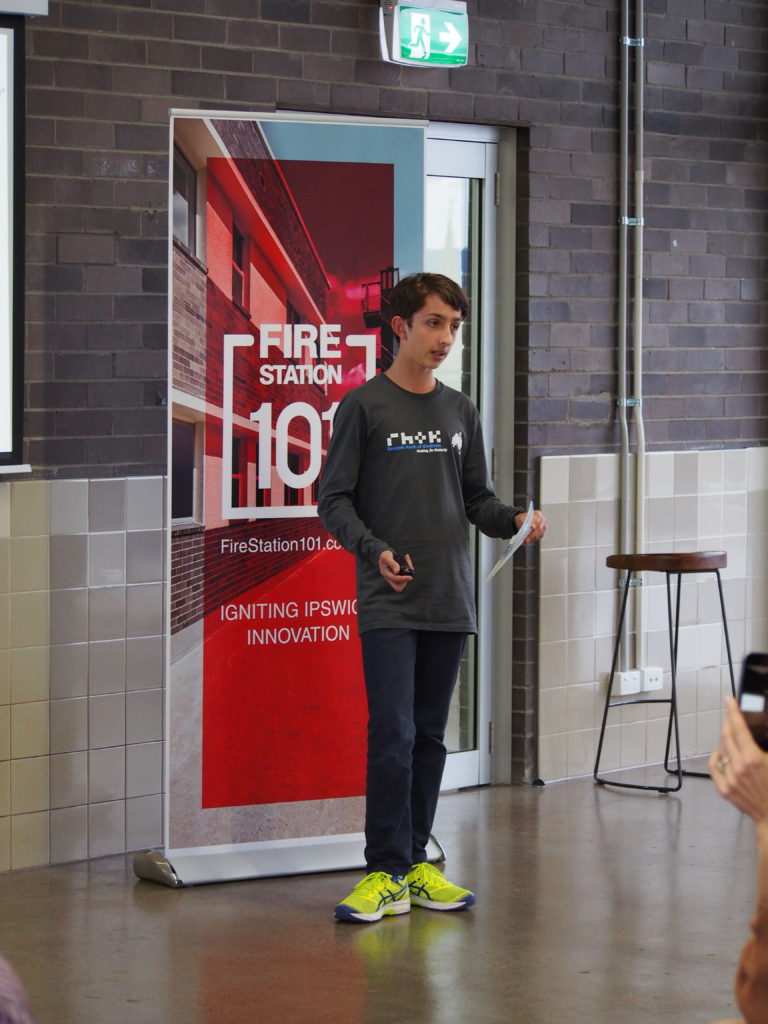Engaging the next generation in Random Hacks of Kindness
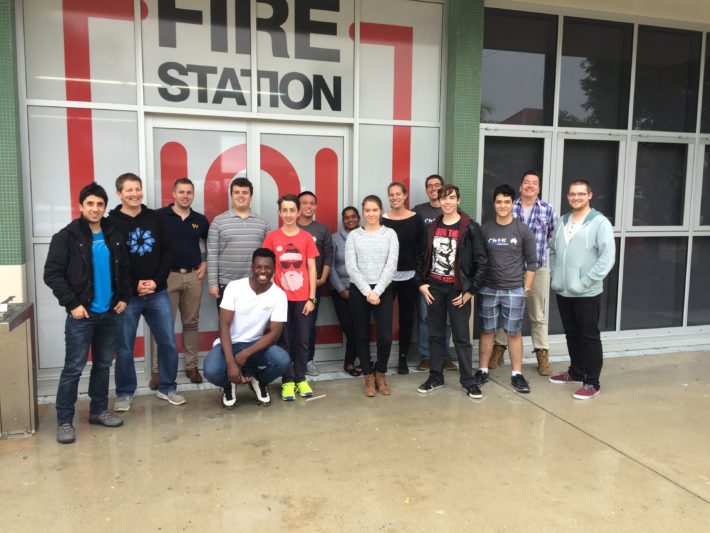
Ipswich ran its first Random Hacks of Kindness this weekend, and it was a great reminder of why we hack.
Hackathons get people together from diverse backgrounds to collaborate on complex challenges. Random Hacks of Kindness focus this effort on the challenges that face humanity.
Challenges we looked at this weekend include:
- People in parts of the world die of curable disease because they cannot afford to travel to their nearest medical clinic.
- Suicide remains the biggest killer of young Australians.
- We are living longer, but the likelihood of experiencing a limiting disability increases dramatically with age.
- In our pursuit of progress, our actions threaten the very existence of species across the planet.
Tackling such complex issues can seem daunting for most anyone. What made the weekend even more incredible was that the Change Makers who took aim at these challenges were all under the age of 18.
The Change Makers
The Change Makers from West Moreton Anglican School were are all participating in the Impact Academy Youth Accelerator Program for social entrepreneurs. Over two days in the Random Hacks of Kindness hackathon, these young people worked with designers, programmers, and business experts who volunteered their valuable time to help make a difference.
They walked in Saturday morning with an idea and commitment and walked away Sunday evening with a platform to execute on their business.
Your Heard – Hannah Ward
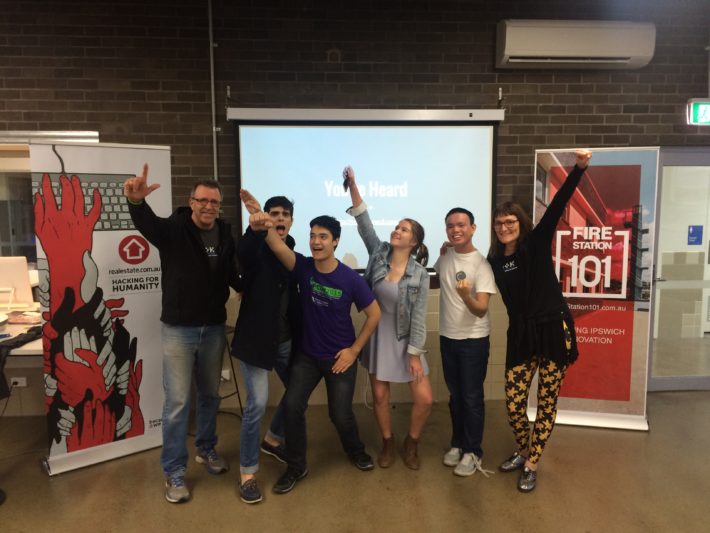
Hannah came into the hackathon with a vision to combine her passion for photography and blogging into a platform to help those with mental health. The team worked together to define her position in the market, partners to collaborate with, and positioning for future campaigns. What emerged was You’re Heard, an online platform that will align with existing providers such as Headspace and Beyond Blue to support young people with mental health. Hannah can now focus on creating content, and growing her audience and impact to better support existing providers.
Umoji – Salomon Lukonga
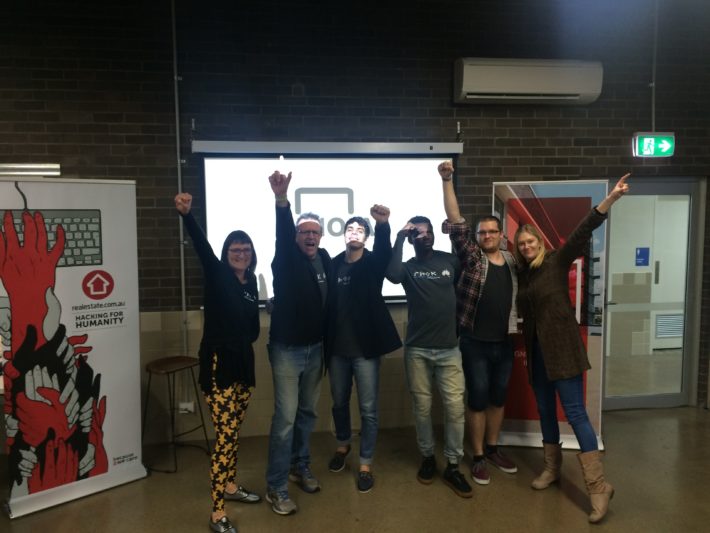
Salomon started the Impact Academy Accelerator program with a desire to start a clothing line. As he become more aware of the potential for social enterprise, he realised he could combine fashion for good to help the Congo region where his parents are from. In the hackathon, Salomon’s team which included representitives from Dev Demand and 8WebDesign helped create a brand, a website, and identify a partner overseas that is providing medical training and aid to the region he is focusing on. Salomon now has a platform to launch his clothing line Umoji, meaning together, and marketing strategies to attract interest to support the overseas partner.
Cane Enabled – Lachlan Palmisano
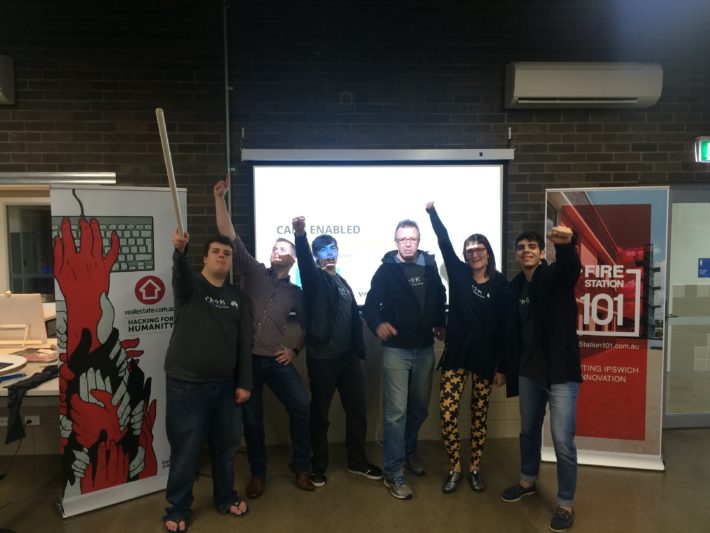
Watching his grandfather experience complications in hip surgery inspired Lachlan to develop an idea for a “smart”, multi-purpose mobility device. It was only through the hackathon and partnering with development platform Working Mouse that Lachlan was able to create a prototype that sent an SMS to the judges by Sunday afternoon.
Headutainment (Neville the Narwhale) – Harrison Spencer Matthews
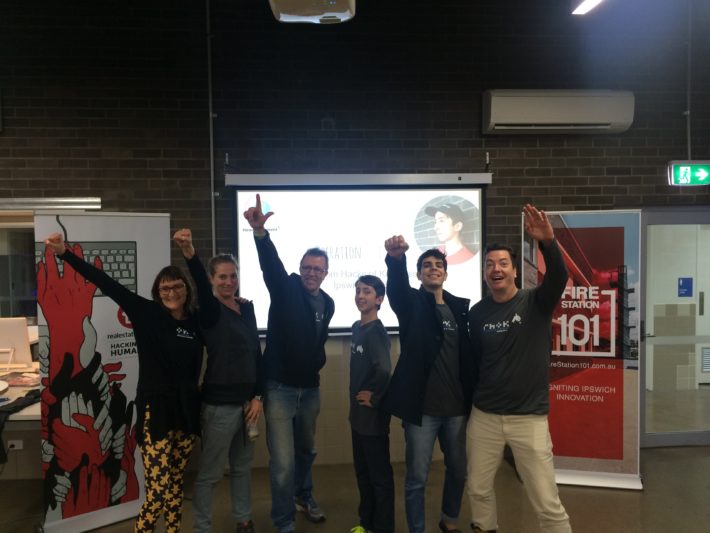
Having written a book when he was in grade 8, Harrison wanted to take his campaign to the next level. Connecting commercial outcomes with social impact, Harrison developed a platform to sell his book and get the threatened species of Narwhales sponsored. The team which included design from Red Chalk and development from RMW-ITS focused on their strength of illustration and website build to create an online platform for Harrison to accept pre-orders. The next steps will be to move the site to the actual domain and release it to the public.
Collaboration and execution for social impact
The challenges we face in society are complex. These challenges will only be addressed by engaging the next generation and deliberate collaboration with multiple, diverse partners.
The first Random Hacks of Kindness in Ipswich came about because of the dedication of volunteers and a wide range of partners.
Impact Academy and West Moreton Anglican School provided a framework to engage the young people as social entrepreneurs.
National sponsors who made this year’s RHoK possible include MYOB, DIUS, and REA Group.
Local sponsors for Ipswich included Smarter Technology Solutions and Ipswich City Council through Fire Station 101.
The judging panel was made up of Community Managers from the Microsoft innovation hub in Brisbane (Jonathan Katahanas), the Canvas innovation hub in Toowoomba (David Masefield), and the Creative Industries innovation hub at QUT (Indi Tansey).
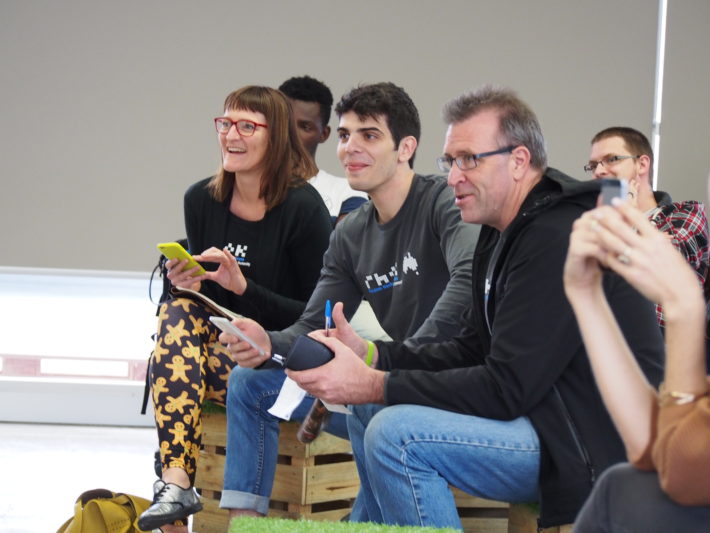
The Change Makers, volunteer hackers, national and local sponsors, and judges all came together to make a difference.
Random Hacks of Kindness is as much about changing the world as it is about changing ourselves. This change now happens across Australia in five locations twice a year. The first RHoK in Ipswich was a success, and we look forward to RHoKing again in six months!
If you want to get involved, sign up to the RHoK Ipswich Meetup group or contact Fire Station 101.
